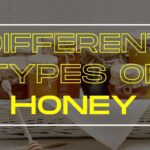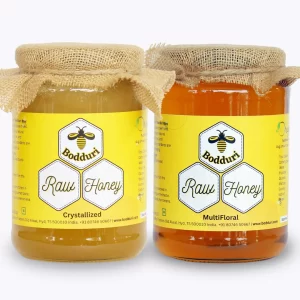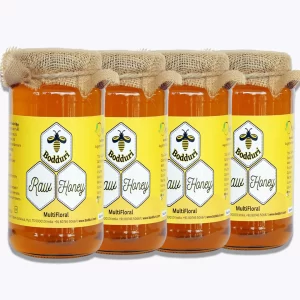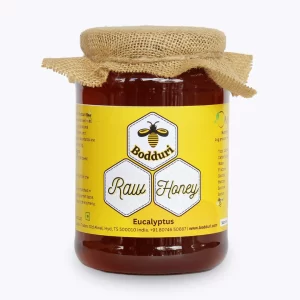Differences between Pure Honey, Raw Honey, Organic Honey, Farm Honey, Unprocessed Honey.
Honey, the golden nectar beloved for its sweetness and versatility, often leaves consumers confused by its various labels. Terms like “pure,” “raw,” “organic,” “farm,” and “unprocessed” adorn honey jars, but what do they really mean? Let’s dive deeper and unravel the differences to help you make the best choice for your needs.
Before we delve into the specifics, it’s essential to understand where honey actually comes from. Bees collect nectar from flowering plants and transform it into honey by adding enzymes and water. This nectar is then stored in honeycombs until it’s ready for harvest.
Revealing the Sweet Truth: Exploring Pure Honey, Raw Honey, Organic Honey, Farm Honey, and Unprocessed Honey.
Defining Pure Honey
Pure honey refers to honey that undergoes minimal processing, typically involving filtration to remove debris and particles such as beeswax, pollen, and bee parts. This process ensures that the honey retains its natural flavors, aroma, and nutritional properties. However, it’s essential to note that the term “pure” doesn’t necessarily guarantee the absence of additives or contaminants, as some unscrupulous producers may adulterate honey with syrups or other substances.
Exploring Raw Honey
Raw honey is akin to nature’s untouched masterpiece. Unlike processed honey, raw honey bypasses heating and filtration altogether, preserving all of its enzymes, vitamins, minerals, and antioxidants. Raw honey is extracted straight from the hive and may contain traces of beeswax, pollen, and propolis. Its natural composition makes raw honey a favorite among health enthusiasts, as it retains maximum nutritional value and potential health benefits.
Understanding Organic Honey
Organic honey is derived from beekeeping practices that adhere to organic standards. This means that the flowers visited by bees for nectar must be free from synthetic pesticides, herbicides, and other chemicals prohibited in organic farming. Additionally, organic honey producers refrain from using antibiotics or synthetic additives in hive management. Certification bodies such as the USDA (United States Department of Agriculture) or EU Organic certify honey as organic, ensuring consumers that strict organic guidelines have been followed throughout the production process.
Diving into Farm Honey
Farm honey, as the name suggests, originates from bee farms or apiaries where beekeepers cultivate honeybees for honey production. Unlike wild honey, which bees collect from various sources in their natural habitat, farm honey is often harvested from managed beehives placed in specific locations to optimize honey production. The distinction between farm honey and other types lies primarily in the beekeeping practices employed and the level of human intervention in honey production.
Unveiling Unprocessed Honey
Unprocessed honey is synonymous with honey in its most natural state, straight from the hive to the jar with minimal human interference. This type of honey may not undergo any filtration, heating, or pasteurization, allowing it to retain all of its natural goodness. Unprocessed honey is often sought after by purists and health-conscious individuals who prioritize the preservation of honey’s innate nutritional profile and medicinal properties.
Differences in Nutritional Value and Flavor
Each type of honey boasts a unique nutritional profile and flavor profile, influenced by factors such as floral sources, geographical location, and processing methods. Raw honey tends to contain higher levels of enzymes, antioxidants, and micronutrients compared to processed honey, thanks to minimal processing. Organic honey offers the assurance of organic farming practices, potentially reducing exposure to pesticides and supporting environmental sustainability. Farm honey may vary in flavor and composition depending on the floral sources available near the apiary and the beekeeping methods employed. Unprocessed honey retains all the natural goodness of honey without any alterations, providing a rich and authentic flavor experience.
Conclusion: Choosing Your Honey Wisely
In the diverse world of honey, understanding the distinctions between pure honey, raw honey, organic honey, farm honey, and unprocessed honey empowers consumers to make informed choices based on their preferences and values. Whether you prioritize nutritional content, environmental sustainability, or flavor authenticity, there’s a honey variety to suit every palate and lifestyle. So, the next time you reach for that jar of liquid gold, savor not just its sweetness but also the journey it took from the hive to your table, and relish in the myriad benefits it brings to your health and well-being.





